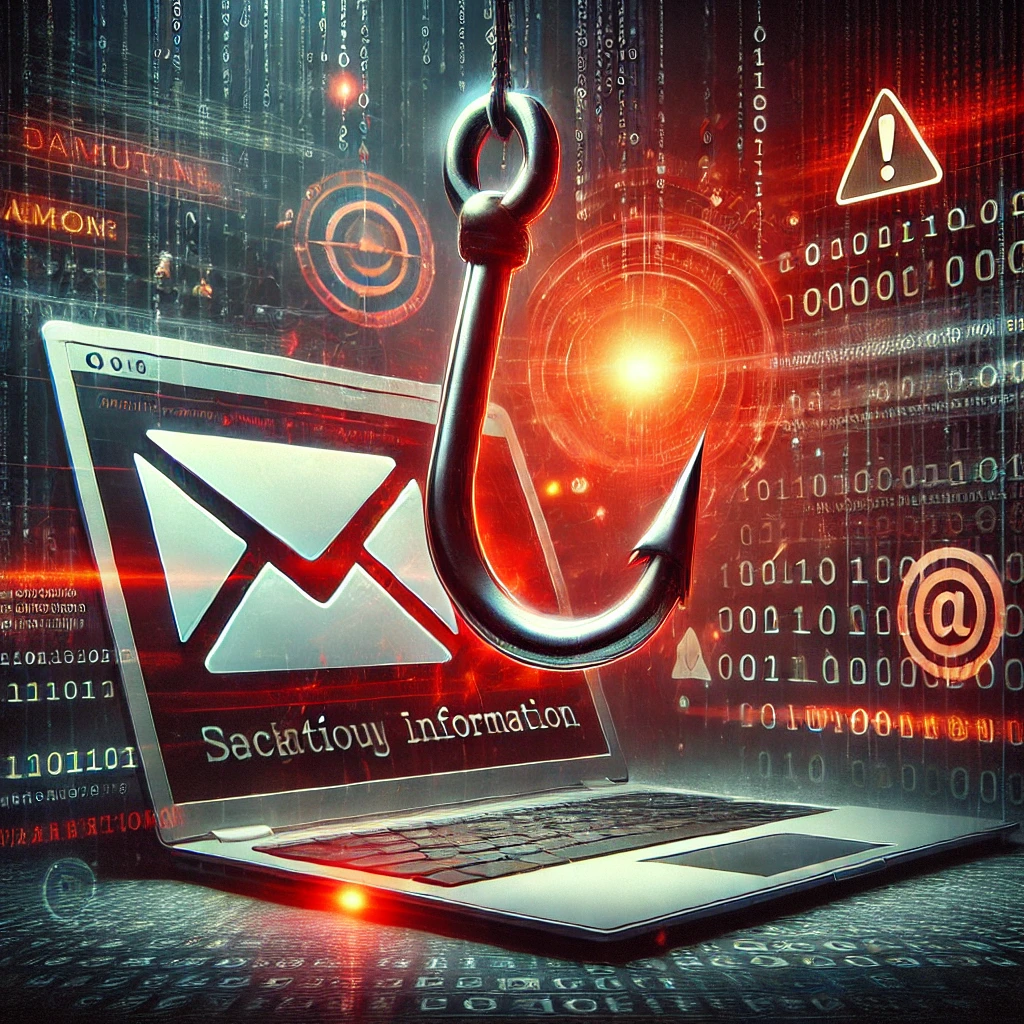The Red Flags of Urgency: Why You Should Be Wary of 'Act Fast' Emails

Categories:
4 minute read
In our fast-paced digital world, urgency has become a powerful tool in the hands of scammers and cybercriminals. The pressure to “act fast” or respond immediately to emails can cloud our judgment and lead to costly mistakes. Understanding why these urgent messages are dangerous and how to protect yourself is crucial in today’s interconnected environment.
The Psychology Behind Urgency
Scammers exploit a fundamental aspect of human psychology: when we’re under pressure, our decision-making abilities become compromised. The artificial sense of urgency creates what psychologists call “action bias” – our tendency to favor action over inaction when faced with uncertainty or pressure. This psychological trigger can override our normal cautious approach to email communications.
When an email declares “Immediate action required!” or “Your account will be suspended in 24 hours!” it triggers our fight-or-flight response. This survival mechanism, while crucial in genuine emergencies, can be counterproductive when dealing with digital communications. Our rational thinking takes a backseat to emotional responses, making us more susceptible to making hasty and potentially dangerous decisions.
Common Urgent Email Scam Scenarios
Understanding the typical scenarios these urgent emails present can help you identify and avoid them. Here are some of the most common approaches:
Financial Institution Emergencies
Scammers often pose as banks or credit card companies, claiming there’s suspicious activity on your account that requires immediate attention. They might threaten to freeze your account or warn of unauthorized transactions, pushing you to click on malicious links or provide sensitive information.
Account Verification Requirements
Messages claiming your email, social media, or other online accounts will be permanently deleted unless you verify them immediately. These usually direct victims to phishing websites designed to steal login credentials.
Limited Time Offers
“Once-in-a-lifetime” deals that expire within hours create artificial scarcity. These often involve luxury goods at suspiciously low prices or investment opportunities that seem too good to be true – because they are.
Job Opportunities
Urgent job offers requiring immediate response, especially those promising unusually high salaries for minimal work, are frequently scams designed to collect personal information or financial details.
Why Legitimate Organizations Rarely Demand Immediate Action
Legitimate businesses and organizations understand the importance of giving their customers reasonable time to respond and verify communications. They typically:
- Provide multiple ways to verify the communication’s authenticity
- Allow sufficient time for response and decision-making
- Never request sensitive information via email
- Have established communication patterns and protocols
- Use official channels and verified email addresses
Consider how your bank operates – they typically send notices well in advance of any required action and provide multiple channels for verification. They understand that rushing customers into decisions is both poor service and potentially dangerous.
The Exception: Known and Trusted Senders
While the general rule is to be wary of urgent emails, there are legitimate scenarios where trusted contacts might require quick action. However, even in these cases, verification is crucial. A few guidelines for handling urgent requests from known senders:
- Verify the sender’s email address character by character
- Look for any subtle differences in their usual communication style
- When in doubt, use alternative communication channels to confirm
- Consider whether the request aligns with your existing relationship and previous interactions
Best Practices for Handling Urgent Emails
Developing a systematic approach to handling urgent emails can help protect you from scams while ensuring you don’t miss genuinely important communications:
The 24-Hour Rule
Unless you’re absolutely certain about the sender and the request, implement a personal 24-hour rule. Take time to:
- Carefully review the email for red flags
- Verify the sender’s identity through alternative means
- Research similar scam patterns online
- Consult with colleagues or family members if necessary
Verification Steps
- Check the sender’s email address thoroughly
- Look for spelling and grammar errors
- Examine the greeting and signing off patterns
- Verify any links without clicking on them (hover to see the URL)
- Consider whether the level of urgency makes sense in context
The Cost of Falling for Urgent Email Scams
The consequences of acting hastily on fraudulent urgent emails can be severe and long-lasting:
Financial Impact
- Direct monetary losses from unauthorized transfers
- Costs associated with identity theft recovery
- Expenses related to compromised credit cards or bank accounts
- Potential legal fees for resolving fraud cases
Personal and Professional Consequences
- Compromised personal information
- Damaged professional relationships
- Lost business opportunities
- Emotional stress and anxiety
Building Long-term Digital Resilience
Rather than viewing urgent email awareness as a one-time lesson, consider it part of building digital resilience. This involves:
- Regular updates to your knowledge about current scam techniques
- Development of healthy skepticism toward unexpected urgent requests
- Implementation of strong security practices across all digital communications
- Creation of personal protocols for handling urgent messages
The digital world isn’t slowing down, and scammers continue to evolve their tactics. However, by understanding the psychology behind urgent email scams and maintaining a cautious approach, you can protect yourself while still managing legitimate time-sensitive communications effectively.
Remember: legitimate opportunities rarely require split-second decisions, and real emergencies usually come with verification options. When in doubt, take a step back, breathe, and verify – your future self will thank you for it.
Feedback
Was this page helpful?
Glad to hear it! Please tell us how we can improve.
Sorry to hear that. Please tell us how we can improve.